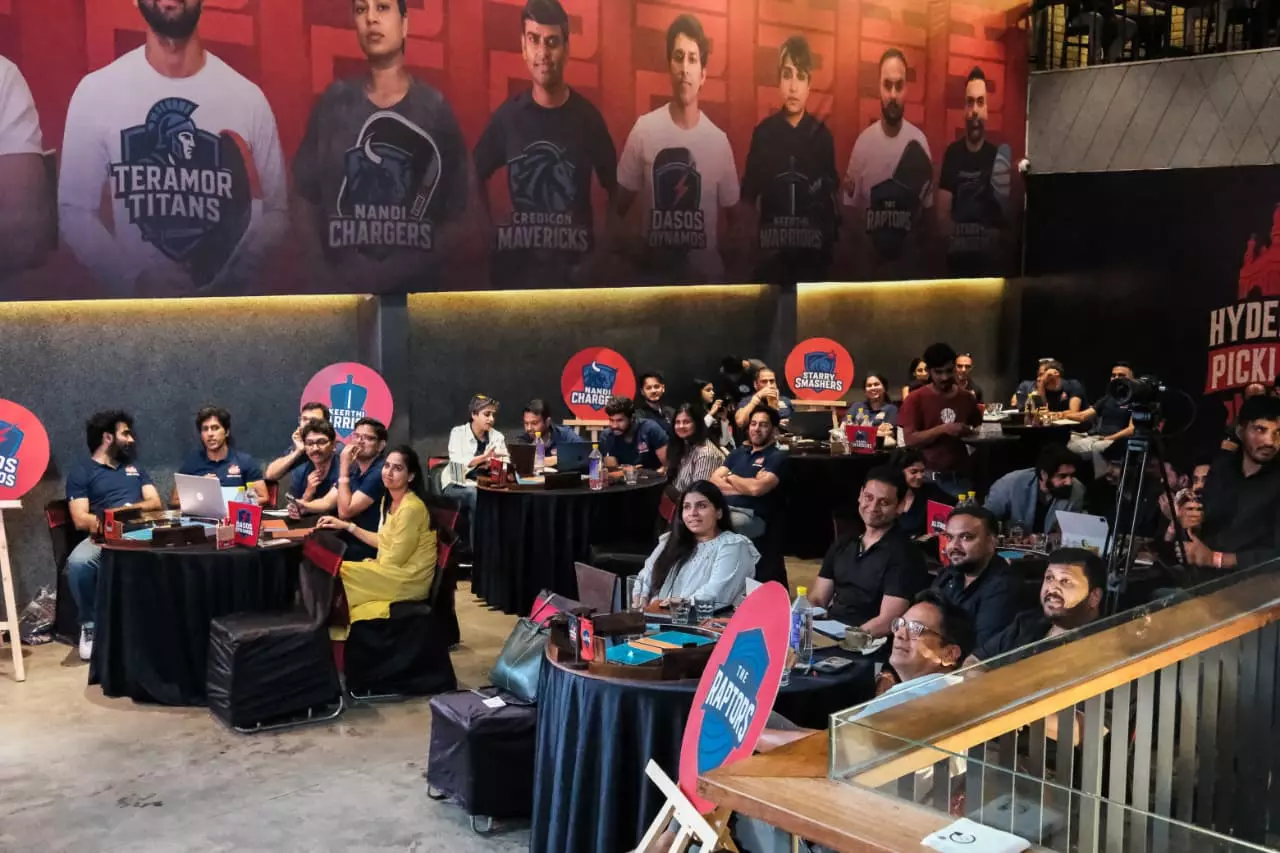Tamil Nadu Chief Minister M K Stalin has called on his counterparts in southern and eastern India to form a united front against the delimitation exercise, warning that the process — if executed as per the next census — would drastically weaken the political representation of states that have successfully controlled their population.
In a letter to Chief Ministers and former Chief Ministers on Friday, Stalin framed the Union government’s delimitation plans as a fundamental assault on federalism.
“The essence of India’s democracy rests on its federal character — a system that gives each state its rightful voice while honouring our sacred unity as one nation,” Stalin wrote. “Today, I write with urgency as this balance faces a profound threat that could permanently diminish the influence of states like ours in shaping our nation’s future.”
While acknowledging that “we are not against delimitation itself”, Stalin strongly opposed “its weaponisation against states that fulfilled their national duties, thus punishing progress.”
His appeal follows an unprecedented all-party meeting convened by the Tamil Nadu government on March 5, where political rivals — ranging from the ruling DMK to opposition parties such as the AIADMK, Congress, and the Left — set aside differences to oppose what Stalin termed “a direct attack on Tamil Nadu’s political representation in India’s democracy”. The Tamil Nadu BJP boycotted the meeting, dismissing the concerns as “imaginary”.
At the core of Stalin’s opposition is the concern that Tamil Nadu and other states that have successfully implemented family planning initiatives over the decades will lose parliamentary seats in favour of states with higher population growth. Tamil Nadu, with 39 Lok Sabha seats, could see its share shrink by up to eight seats, while states like Uttar Pradesh and Bihar could gain significantly if the next delimitation is based on post-2026 population data, he has said.
“The question is no longer if delimitation will happen, but when and whether it will honour the contributions of states that have advanced our national priorities,” Stalin warned in his letter.
Story continues below this ad
He said the past parliamentary decisions that froze delimitation in 1976 through the 42nd Amendment, extending the freeze through the 84th Amendment until after the first census post-2026, in recognition of the need to encourage population control. “With the 2021 Census delayed, the delimitation exercise — originally expected after the 2031 Census — could now take place much earlier than anticipated. This acceleration gives us very little time to protect our interests,” he wrote.
He outlined two possible scenarios: one in which the existing 543 Lok Sabha seats are redistributed among states and another in which the number of seats increases to over 800.
Under either scenario, states that controlled their population would suffer if the allocation is purely population-based. “We should not be thus penalised for effectively controlling population growth and upholding national development goals,” he wrote.
Stalin accused the Union Government of failing to provide clarity or concrete commitments. “Their representatives have vaguely stated that delimitation would follow a ‘pro-rata’ basis, without explaining the base used for such pro-rata calculation,” he said. “When the very foundation of our democracy is at stake, can we accept such vague assurances?”
Story continues below this ad
At the March 5 all-party meeting, Stalin had warned that Tamil Nadu’s representation could be slashed from 39 to 31 seats if the total number of parliamentary constituencies remains at 543. Even in a scenario where the number of MPs expands to 848, Tamil Nadu would still receive only 10 additional seats — far fewer than the 22 it would require to maintain proportional representation.
“This will suppress Tamil Nadu’s voice in the national political arena,” Stalin said. “Such an approach would punish Tamil Nadu for successfully implementing population control measures and contributing significantly to national development.”
The Chief Minister reminded his counterparts that in 2000, the then Prime Minister Atal Bihari Vajpayee assured Parliament that the 1971 population data would be the basis for seat allocation until at least 2026. Given the imminent expiration of that framework, Stalin is now pushing for an extension until 2056.
“If parliamentary, legislative, and Rajya sabha seats are reduced based on population, it would amount to penalising the southern states, particularly Tamil Nadu, for implementing successful socio-economic welfare schemes over the past five decades,” he wrote.
Story continues below this ad
In his letter, Stalin urged his counterparts in Kerala, Andhra Pradesh, Telangana, Karnataka, West Bengal, Odisha, and Punjab to join a Joint Action Committee to coordinate resistance. “Together, we must examine the constitutional, legal, and political dimensions of this challenge,” he wrote. “Only through a collaborative analysis and unified advocacy can we hope to secure a delimitation process that honours our role in nation-building without compromising our current level of representation.”
He has proposed a meeting in Chennai on March 22 to formalise the committee’s agenda.




